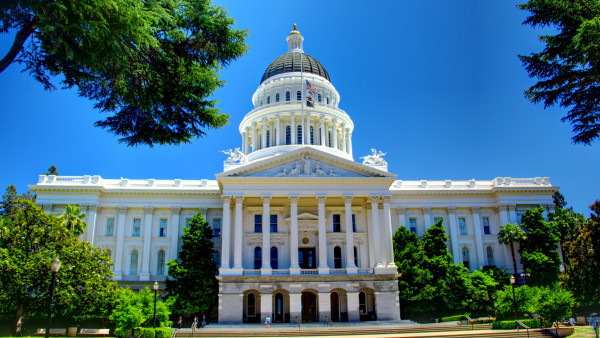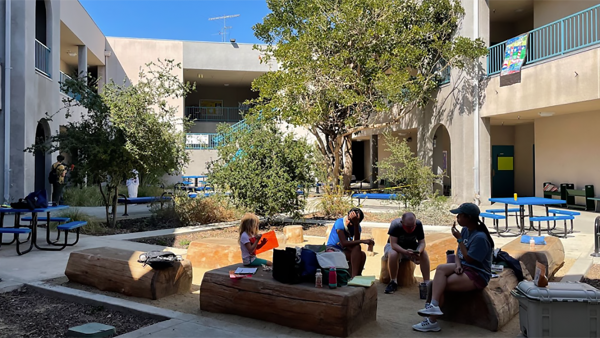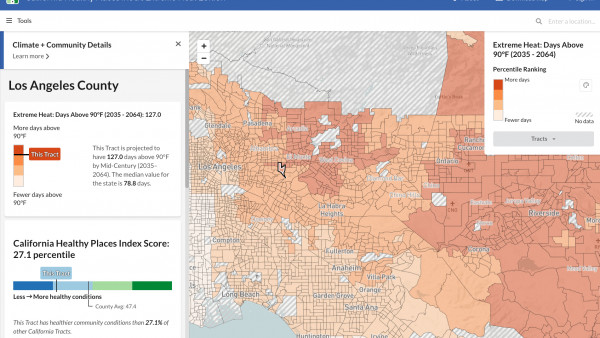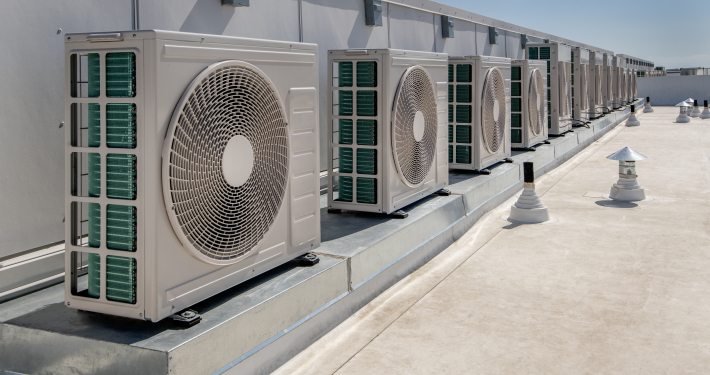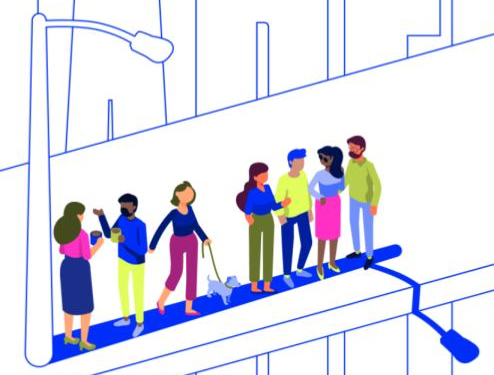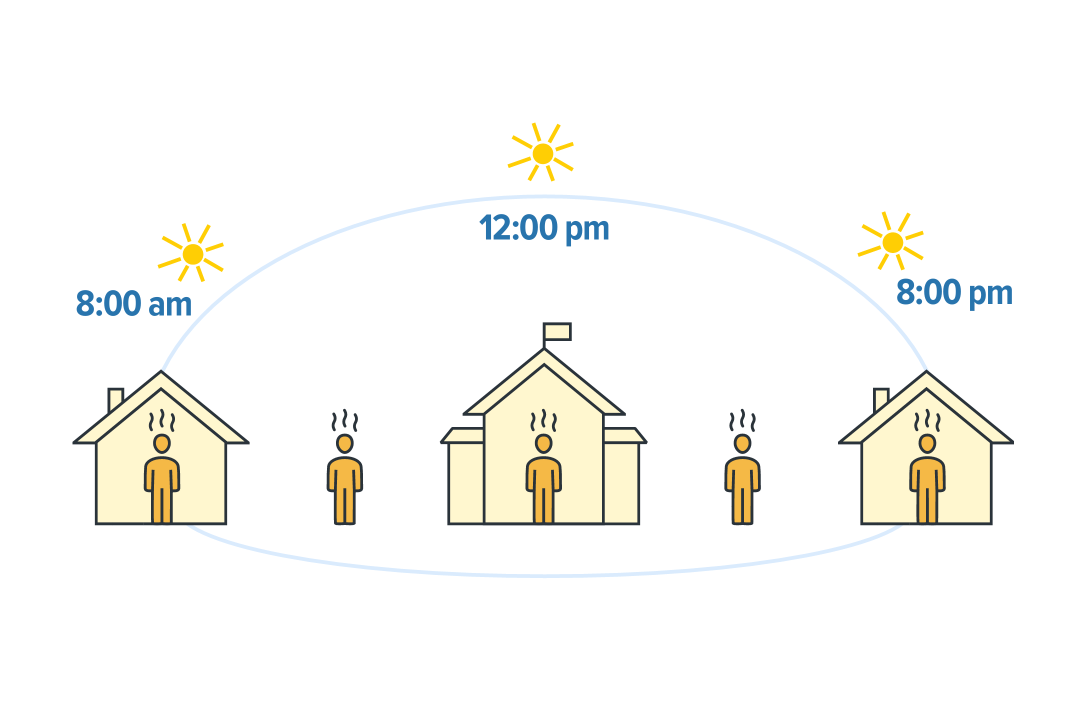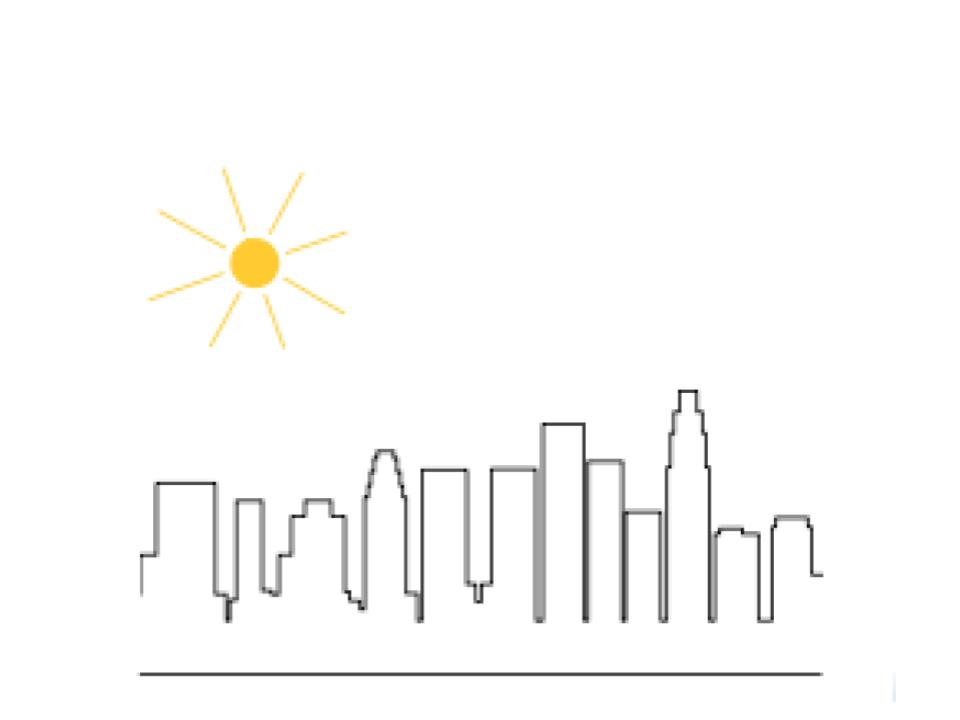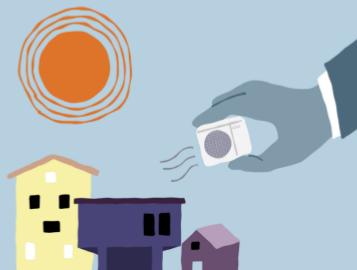OUR VISION
Heat-resilient communities that protect people’s health and well-being where they live, learn, work, and play
OUR APPROACH
We inform and lead new governance, policy, and program strategies to protect communities and populations vulnerable to heat.
NEWS!
Luskin Center for Innovation’s heat team, in partnership with American Forests, created a national map to help federal, state, and local decision-makers identify existing “shade deserts” and prioritize investments to mitigate the impacts of heat. This is the first time communities have an accessible way to see how much shade they have, where it is, and whether it comes from buildings or vegetation.
EXPERTS
V. Kelly Turner, Associate Director
Edith B. de Guzman, Policy Specialist
Lana Zimmerman, Project Manager
Zach Wampler, Project Coordinator
Gregory Pierce, Senior Director
Lauren Dunlap, Project Manager
Jean Claude Iradukunda, Data Scientist
Camille Burrus, Project Manager
MEDIA INQUIRIES
Contact Dr. V. Kelly Turner
MEDIA COVERAGE
The Top 25 Bruinventions of the 21st Century (So Far) (UCLA Newsroom)
Across the US, cities combine art, shade and education to help people beat the heat (Associated Press News)
Planting Shade: Cooling Down L.A. Before The 2028 Olympic Games (Los Angeles Magazine)



